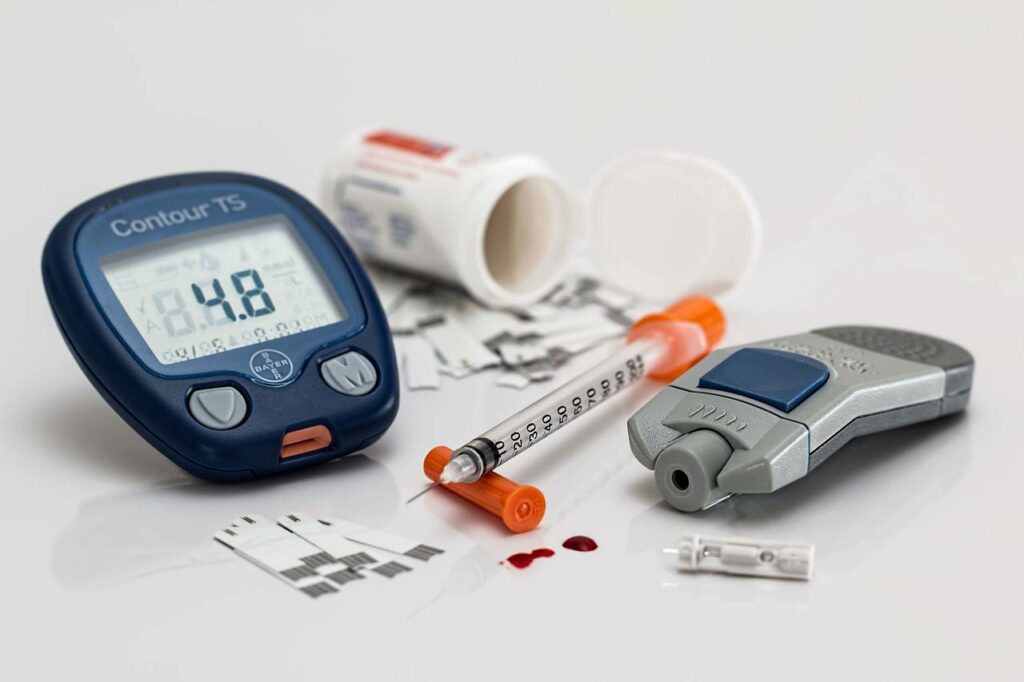Nearly 1.4 million Americans are diagnosed with diabetes every year. This is not only bad because of the obvious reason that they have diabetes, but for every diabetic in America thousands of needles are used and disposed of over the course of their treatment, which is generally their whole life.
Why Is That a Big Deal?
- 7.8 billion needles are used each year by the 13.5 million people who self-inject medications outside of healthcare setting
- 29.1 million people in the United State have diabetes
- 1.25 million American children and adults have type 1 diabetes
- Diabetes remains the 7th leading cause of death in the United States in 2010, with 69,071 deaths
- In the United States, 1 out of 10 people have diabetes over the age of 20
- As of 2012 in the United States, total costs of diagnosed diabetes is $245 billion
Things that Diabetics Need
Being a diabetic is nothing to joke about. To ensure of being healthy and such, there are numerous things one must have handy with them at all times. These things include lancets, glucose meters, test strips, and syringes. Daily, diabetics are required to draw blood and test it using needles. These needles must be disposed of properly or risk contaminating your environment.
Treatment at Home
When treating oneself at home, one must take certain steps when disposing of their needles at home. According to the Environmental Protection Agency, syringes or needles and lancets are classified as medical waste called “sharps”. Sharps can be dangerous to those handling the garbage and the environment if not disposed of properly. “Sharps boxes” are recommended for home use. These can either be obtained from medical waste disposal companies or possibly your local pharmacy. Listed below are a few guidelines for sharps container disposal:
- Dispose of sharps in a “sharp box”
- Do not re-cap your needles
- Use a puncture-proof container for disposal
- Do not drop used needles or lancets into the regular trash



